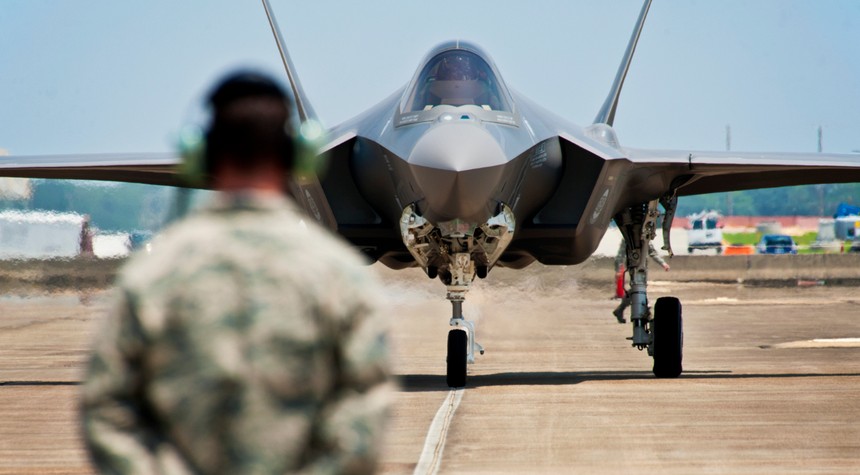The United States stands poised to expand its military relationship with Saudi Arabia through what may become one of the most significant arms agreements in recent years. President Donald Trump indicated Monday that his administration will likely approve the sale of F-35 fighter jets to the Saudi kingdom, with formal agreements expected during Crown Prince Mohammed bin Salman’s visit to the White House this week.
The F-35 Lightning II represents the pinnacle of American military aviation technology. Manufactured by Lockheed Martin, this fifth-generation fighter aircraft has been closely guarded, with sales restricted to America’s closest allies. The decision to extend this capability to Saudi Arabia marks a substantial shift in regional military dynamics and underscores the strategic importance Washington places on its relationship with Riyadh.
For the American defense industry, Saudi Arabia has proven to be an exceptionally reliable customer. According to research from the Stockholm International Peace Research Institute, the Saudi kingdom accounted for twelve percent of all United States weapons exports between 2020 and 2024, making it the single largest purchaser of American military hardware during that period. The financial implications are considerable, with billions of dollars in revenue supporting American manufacturing and defense sector employment.
The strategic calculus extends beyond economics. Saudi Arabia remains one of America’s most vital partners in the Middle East, a region where stability depends heavily on the balance of power and the strength of alliances. For Riyadh, access to advanced American military technology serves multiple purposes. It provides the kingdom with defensive capabilities in an increasingly unstable neighborhood, where threats from both state and non-state actors continue to evolve. It also signals Saudi Arabia’s ambition to maintain its position as a leading military power in the Gulf region.
The timing of this potential agreement coincides with broader diplomatic efforts in the region. President Trump has expressed optimism about expanding the Abraham Accords, the historic normalization agreements between Israel and several Arab nations. Additional countries have reportedly expressed interest in joining these agreements, which could reshape Middle Eastern diplomacy for generations to come.
The sale of F-35 aircraft to Saudi Arabia would represent more than a simple transaction. It would cement the kingdom’s status among an elite group of nations operating the world’s most advanced fighter aircraft. Currently, only a handful of countries possess this capability, and each sale requires careful consideration of regional security implications and technological safeguards.
Critics of such arms sales have historically raised concerns about human rights considerations and the potential for weapons to be used in regional conflicts. However, supporters argue that strengthening allies serves American interests by creating a more stable Middle East and reducing the need for direct American military intervention.
As Crown Prince Mohammed bin Salman arrives in Washington, the world will be watching to see whether this deal reaches completion and what additional agreements may follow. The relationship between Washington and Riyadh has weathered various challenges over the decades, yet it continues to endure, built on mutual strategic interests and economic interdependence that benefit both nations.
Related: Ultraconservative José Antonio Kast Emerges as Frontrunner in Chilean Presidential Race

